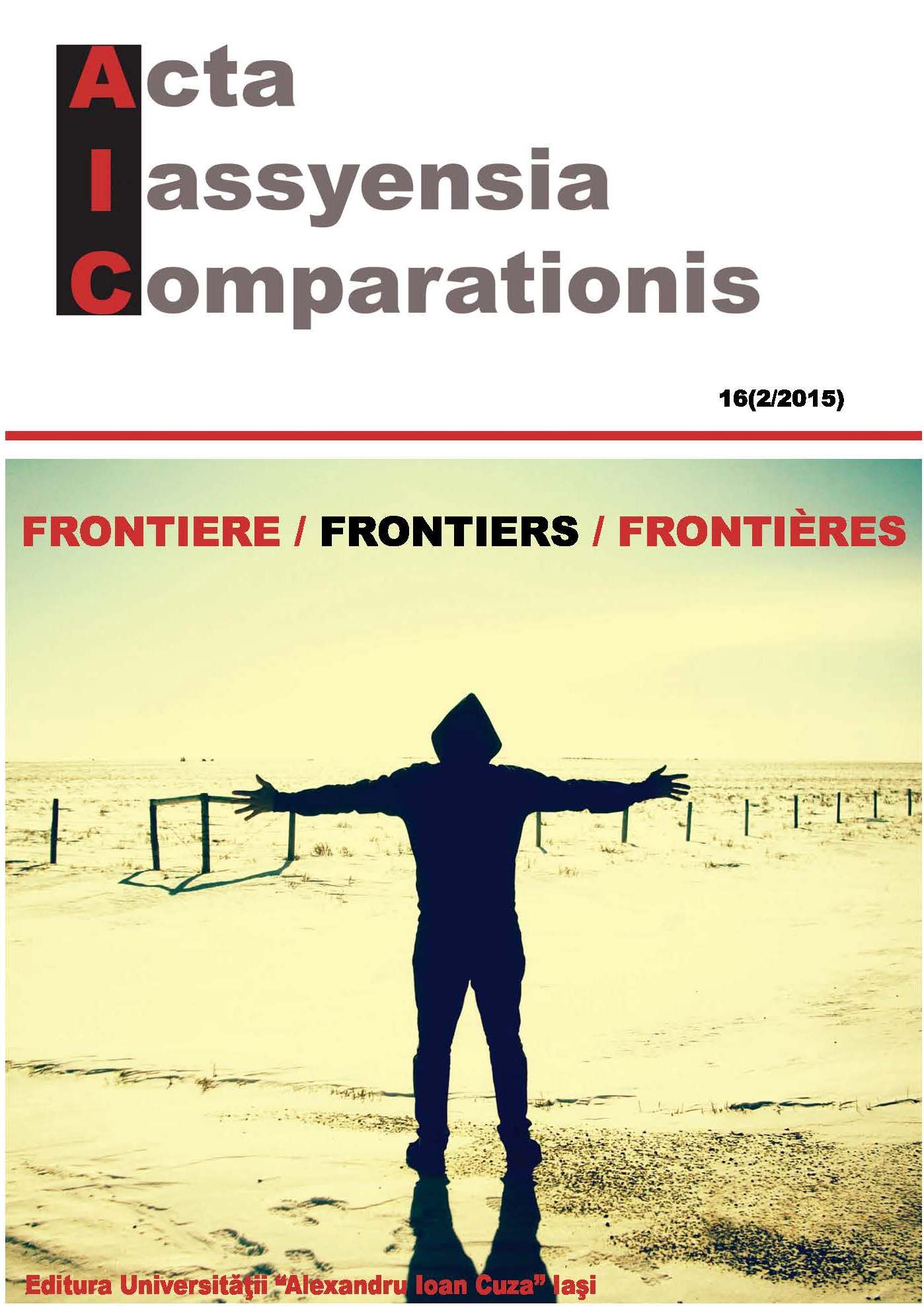Frontieră utopică
Utopian Border
Author(s): Emanuel GrosuSubject(s): Political Philosophy
Published by: Editura Universităţii »Alexandru Ioan Cuza« din Iaşi
Keywords: ideology; border; utopia; Plato; Thomas Morus; Tommaso Campanella; Ludvig Holberg;
Summary/Abstract: A utopia is, from a certain standpoint, a theoretical model. Like real political structures, utopian States cannot ignore the territorial boundaries separating them from neighbours, since borders contribute to a better defining of identity and alterity. Numerous examples from real history prove that, as a rule, the occupied geographic area is directly proportional to the power of a state. However, in the case of utopias, mapping and defending boundaries is rather a question of ideological identity than a question of economic or political power. In an utopian state, the boundary separates not just two models of state organization, but rather two worlds, one of which is well organized, prosperous and happy, while the other is a world of contrasts and deficiencies, if not an anarchic one. Does the geographic border always overlap the ideological border? Is geographical border a guarantee for the integrity of a State? Does the expanding of boundaries involve an export of ideology? In this article, I will try to provide answers to these questions and I will underscore certain characteristics and functions of State borders, as they can be pinpointed in the utopian writings mentioned in the References
Journal: Acta Iassyensia Comparationis
- Issue Year: 2/2015
- Issue No: 16
- Page Range: 1-7
- Page Count: 7
- Language: Romanian

